Neonatal Neurocognitive Outcomes
Long term outcomes for babies born very prematurely or following perinatal asphyxia are improving. We are investigating these long-term effects from epidemiological and neuroscience perspectives grounded on national and local cohort studies.
Neurodevelopmental Clinic at UCH
All babies who receive therapeutic hypothermia are followed in our neurodevelopmental follow up clinic by Dr Angela Huertas and her team. All have regular developmental and neurological assessments through to two years.
Similarly all babies born before 32 weeks to local mothers are followed up to 2 years as part of our clinical service from UCH.
Research
Professor Marlow's team are investigating a range of issues relating to perinatal problems:
- EPICURE
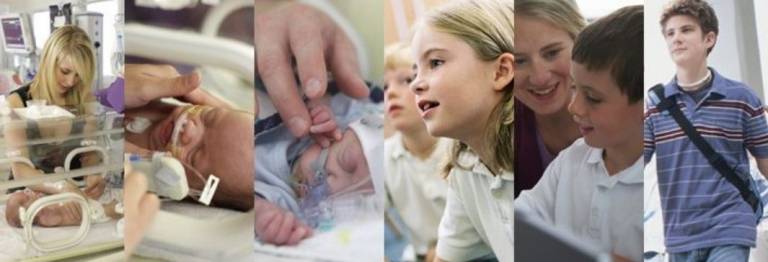
The MRC funded EPICure studies are longitudinal cohort studies of babies born at extremely low gestational ages across the country in 1995 and in 2006. To date, follow up for the cohort has been through to 19 years and to 3 years for the 2006 cohort.
EPICure@19 is the latest follow up phase of the UK's longest running population study of extreme prematurity. The young people in our cohort have been with the study for almost 20 years now. EPICure@19 opened officially on Feb 17 2014 and will continue to collect data till early Spring 2015. The on-going EPICure@19 assessment will allow the investigators to gather important longitudinal data on how these young people and a control group have met with the challenge of growing into adults.
EPICure is a series of studies of survival and later health among babies and young people who were born at extremely low gestations – from 22 to 26 weeks. This site describes the studies and gives access to some of the published results. It is designed for public and professional use.
- Parents and Neonatal Decisions
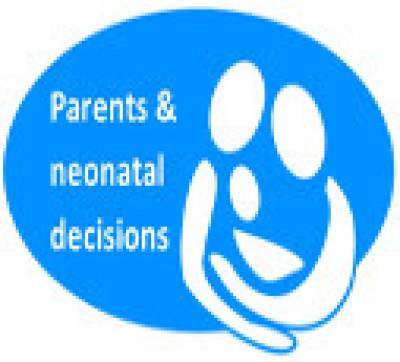
As part of research into the issues surrounding extreme prematurity we are studying critical care decision making in neonatal units in a NIHR-funded Programme Development Grant.
For further information, please visit www.ucl.ac.uk/pnd.
- UCH Preterm Development Project
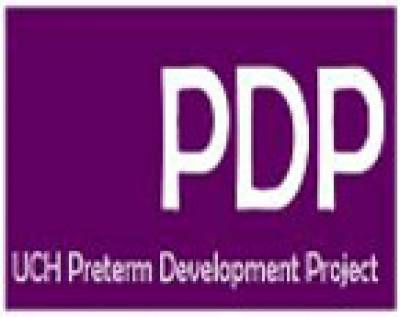
This is a local study of brain development following very preterm birth. To date we have performed two series of studies:
- MRI scans at 30w gestational and at full term
- Novel infant psychological measures over the first postnatal year
The aim of these studies is to demonstrate markers of later problems with development and also to understand the relationship between brain growth and early development of executive and social processing.
For further information, please visit www.ucl.ac.uk/preterm-development-project.
- Mitogent
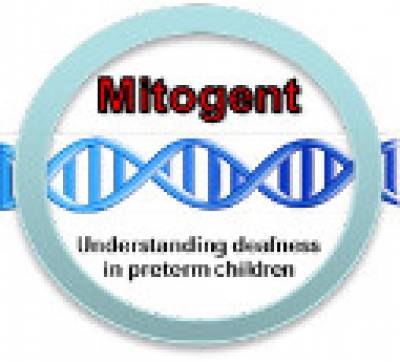
This is a study funded by Action on Hearing Loss, which is investigating the relationship between hearing loss in preterm children and aminoglycosides (e.g. gentamicin), and the influence of genetic susceptibility from a mitochondrial mutation (m.1555G>A).. This is a case control study of premature children with hearing loss across the greater London area.
For further information, please visit www.ucl.ac.uk/mitogent.
- Opptimum
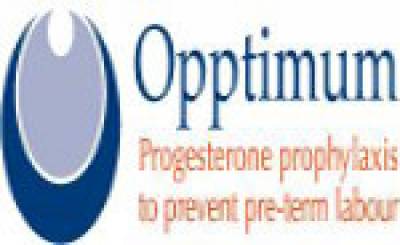
This is a UK-based randomized trial to determine if progesterone prophylaxis to prevent preterm labour improves outcome. We have addressed one important research question: In women at high risk of preterm labour, does prophylactic vaginal natural progesterone, 200mg daily from 22-34 weeks gestation, compared to placebo:
- Improve obstetric outcome by lengthening pregnancy and thus reducing incidence of preterm delivery (before 34 weeks gestation)?
- Improve neonatal outcome by reducing a composite of death and major morbidity?
- Lead to improved childhood cognitive and neurosensory outcomes at two years?
- Represent cost effective management for women at high risk of preterm delivery?
For more information, please visit www.opptimum.org.uk.
 Close
Close


